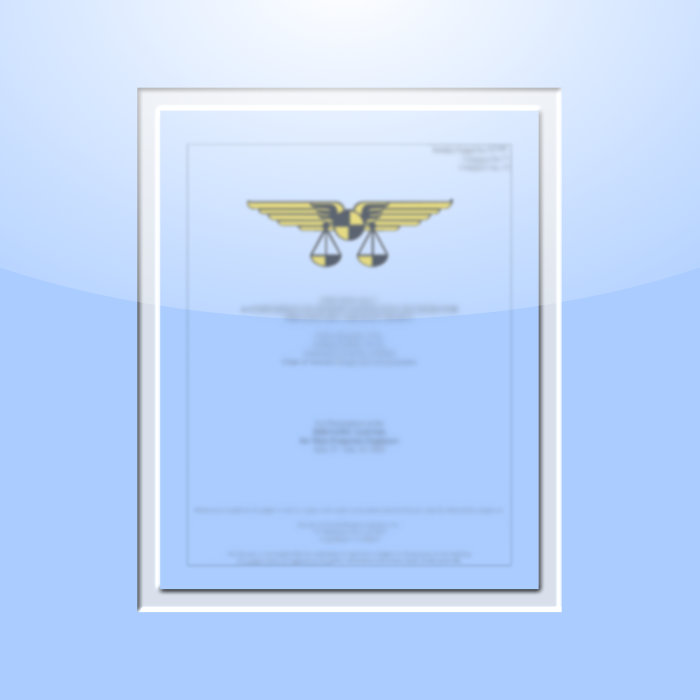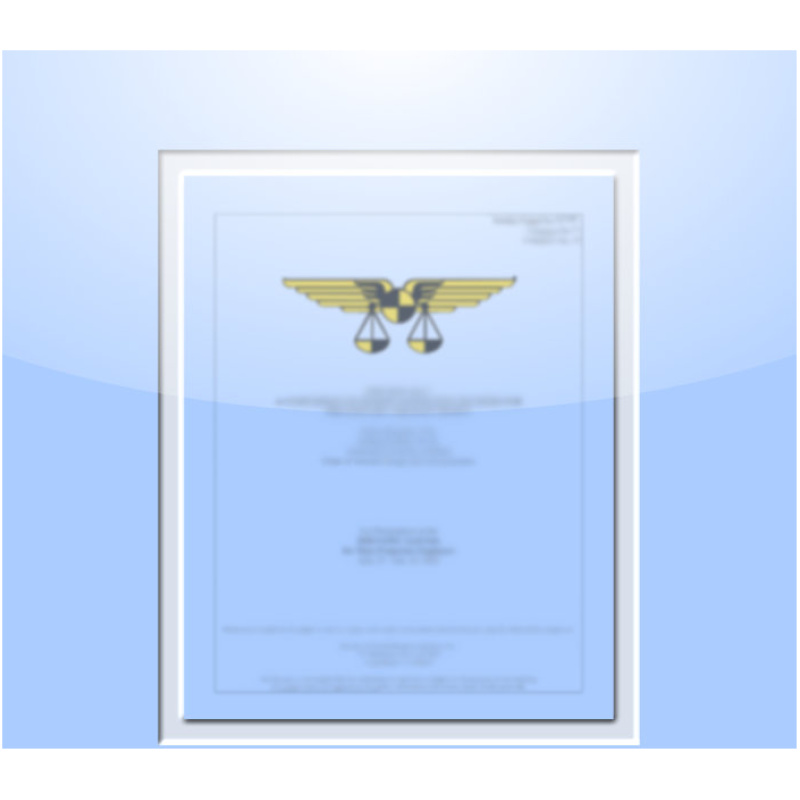
1297. Communicating in Today’s Engineering Environment
$20.00
SAWE Members get a $200 store credit each year.*
*Store credit coupon available at checkout, click the button in your shopping cart to apply the coupon.
Not applicable to SAWE textbooks and current conference technical papers.
Paper
Abstract
In a modern society, a manager is a professional communicator. He or she may spend nearly half of his or her working day communicating. The managerw ill hold meetings, or interviews, read or write memos and reports, talk to others, or listen to others.
As managers, then, we must concern ourselves with communication. We must constantly strive to improve the effectiveness of our communication. We must recognize that there are barriers to good communication. We must remember that communication is a complicated, two-way process. Our degree of success in accomplishing our organizational and personal goals depends on our skills in communicating information. Communication is our most important working skill; it is a part of all of our working skills.
Thousands of books and periodicals describe the communication process and its problems. Our purpose in preparing this paper is not to repeat that wealth of data in summary form. Nor is it our purpose to introduce some new breakthrough that will allow us all to become ‘expert’ communicators. It is our intent to provide an overview, or reminder, of the communication principles necessary to the development of a framework useful to an engineering manager in assessing his or her individual communication situation.
We have focused on communicating in today’s engineering environment. We describe several of the more important communication problems faced by engineering managers today. We hope this paper will remind the reader of something he or she may have taken for granted, and will help the reader gain the insight necessary to face the communication problems that are present in his or her individual situation. For those who wish to read further, and it is strongly recommended, a bibliography is provided listing a number of references with which the authors are familiar. Organizafional Communication, by Gerald Goldhaber is a particularly good source for those who may wish to study further, but do not plan their reading to become a life-long project.
During the author’s combined experience in engineering organizations, now totaling almost
fifty years, we have observed on many occasions various communication breakdowns that have virtually destroyed organizational effectiveness. As engineers, and as engineering managers, we must strive to improve our communication practices to avoid such breakdowns. If this paper helps the reader toward that goal, its purpose will have been achieved.


